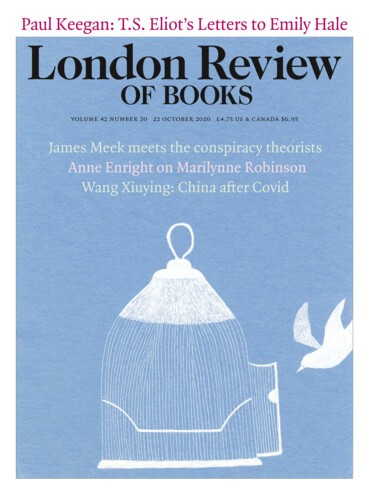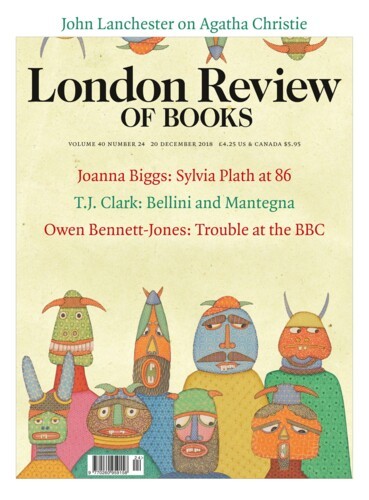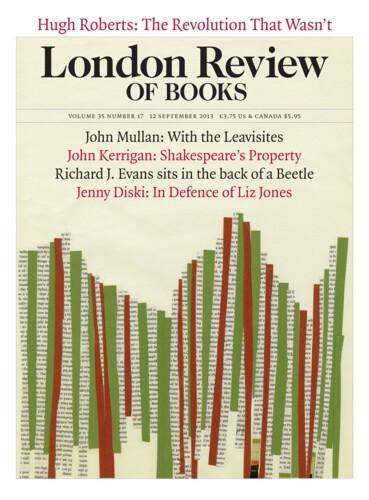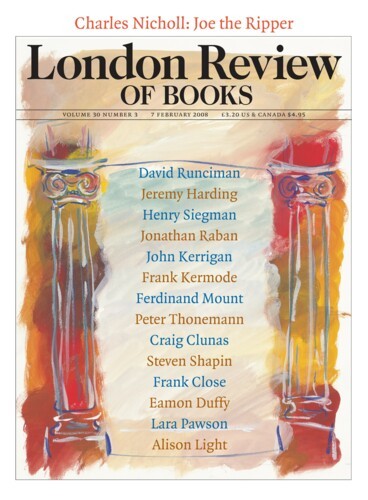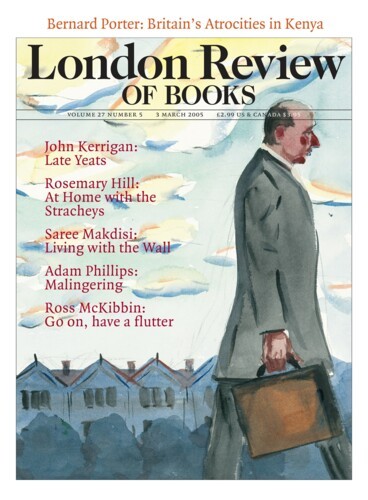Slavery and Revenge
John Kerrigan, 22 October 2020
In Mrs Flanigan’s Antigua and the Antiguans, published in 1844, we are told about a plantation overseer who acted against pilfering slaves. His rigour
caused him to be disliked, and determined one among them, more heartless, perhaps, than the rest, to undertake his destruction. On Christmas day, Mr Brown rode to … a neighbouring estate, and upon his return in the evening...
